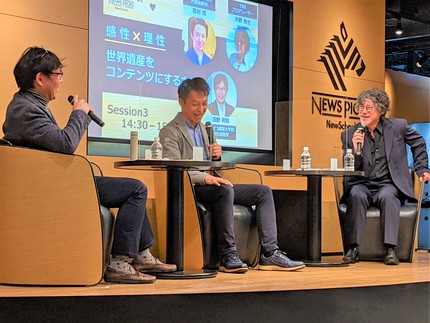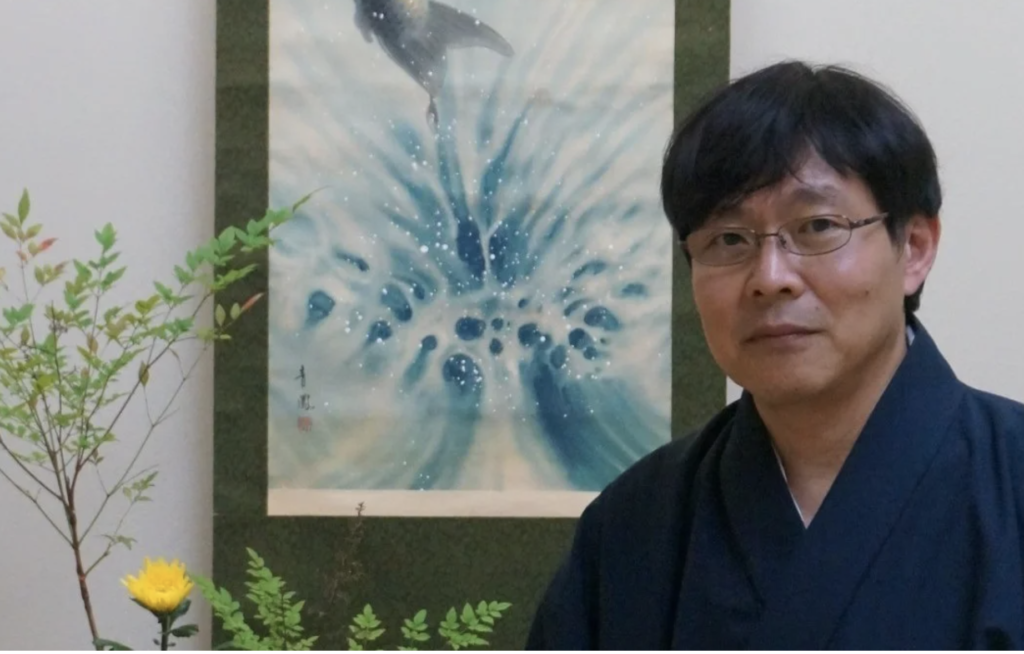Lecturer Interview ーToshikazu Numanoー
Toshikazu Numano
Founder and director of Sustainable Business Hub
Professor of Ogasawara-Ryu Sencha-do
Seekers Base Japan Founder /CEO Kayoko Tsuchiya asked questions to Toshikazu Numano regarding his organization's works and his thoughts on the newly offered program “The Art of 老舗ーShinise” – Transnational Courses.
Nov. 04, 2021 - Array


Numano Sensei:SBH Sustainable Business Hub aims to function as an international human and intellectual resource hub, to build the mechanism of a sustainable and circulatory business, by extracting the lessons learned from the mechanisms which have been cultivated in Japan for a period of over 100 years to 1,000 years and applying them in modern society. Currently, we are developing a sustainable business college that fosters a next-generation of human resources who can act from the perspective of Japanese culture x SDGs, by disseminating information through seminars and editorial contributions, also providing guidance on sustainable management for companies
Numano Sensei: Sustainable management, circular economy, and regenerative design are in demand all over the world. There are an increasing number of leading-edge cases in many parts of the world. This major change demands values that are in line with diversities and inclusion. In this course, through the case studies of Japanese and overseas companies and brands, we will unravel the values that are familiar to modern society, from the unique point of view, with Japanese culture and history which has been nurtured in the unique background of Japanese bio-diversity and sense of awe of nature. In the end, I believe that you will learn key points in strategizing how to identify and create values on your unique strengths that cannot be easily imitated by others, while achieving sustainable development in the local industry.
Numano-Sensei: In Japan, the word “Sanpō Yoshi” has been around for over a few hundred years. It means that it is good not only for your own benefit but also for your customers as well as society. In addition, many long-established businesses since the Edo period have cherished relationships with customers under the name of “Norenーreputation of the store” In other words, the spirit of altruism is at the root of the management philosophy of a long-established Japanese company as we call it “Shinise.” The idea originated from the awe of nature and the connections with it, also from the spiritual faith to Shinto-ism and Buddhism, expressed in the term “Okagesama (Due to your blessing).” These characteristic ideas are also linked to the way we identify what to protect and what to change. The idea is to balance the deepening of traditional values that should be preserved with the exploration and challenges that lead to the creation of new innovations. We believe that knowing the uniqueness of such management philosophy and values of Shinise can be utilized for sustainable management around the globe, even in the regions with cultures that are different from Japan.
By understanding Japan’s unique aesthetic senses and sensibilities, as well as the value of relationships with nature and society, we hope that this course will captivate highly sensitive executives and designers, and inspire them to create new business models and new product and service creations with intrinsic and passionate feelings. For example, Wabi-Sabi is a famous value unique to Japanese tea ceremony culture, but I think that it may lead to the new value creation by linking it with the circular economy. I also feel that there is the possibility of not only the aesthetic beauty of design and the sensibility value but also the sustainable relationship value, from creations that are linked with cultural and spiritual meaning.
End